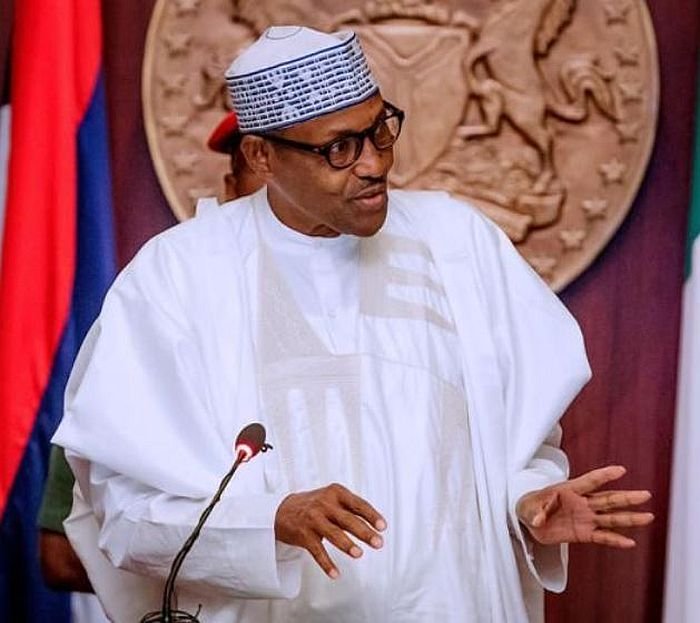President Muhammadu Buhari, must have declined assent to the bill, and hinged his refusal on political, moral and constitutional factors.
In his letter to the national Assembly, the President explained that he reject the bill, following consultations and advice from relevant ministries, department and agencies.
The letter will be read to senators and House of Representatives members today at plenary session where the reasons adduced by the President will be debated.
The reasons President Buhari induced high cost of conducting direct primaries, the security challenge of monitoring the shadow polls, violation of citizens’ rights, marginalization of political parties, likely litigation and manipulation of the exercise.
The President reasoned that it would be better to allow each political party to determine its mode of choosing standard bearer for elections.
There was disquiet among stakeholders, including elder statesmen, legislators, former governors, lawyers, and other notable politicians.
The pressure on the national Assembly to override the President’s veto also intensified.
However, some senators confided that the Upper Chamber is not likely to veto the President, following his refusal to assent to the bill.
Also, sources close to the Independent National Electoral Commission (INEC) said the agency will deploy the 2010 Electoral Act for the 2023 general elections.
The retention of the direct primary clause in the proposal bill, which was passed by the National Assembly and transmitted to the President, has been a bone of contention between the Federal legislators and governors.
While the legislators pushed for a constitutional backing for direct primary, the governors had stormed the Aso Villa, Abuja, urging President Buhari to decline assent.
The federal lawmakers argued that the direct primary will foster a popular participation and internal democracy in the political parties.
But, the governors objected, saying that parties should be at liberty to select any mode as stipulated by their constitution.
The bill was transmitted to the President on November 19, 2021. The 30 days provided by the Constitution for signing or rejection of the bill expired yesterday.
There was confusion over Buhari’s letter to the National Assembly on the Electoral Act Amendment Bill 2021.
Senators and members of the House of Representatives were in the dark as they had no access to the letter.
It was learnt that the letter may be delivered by hand today to Senate President Ahmad Lawan and the House of Representatives Speaker Femi Gbajabiamila.
It was gathered that the letter was kept under wraps to avoid leakage before the next legislative day.
According to a source, who spoke in confidence, a veto by the President will not hinder INEC from conducting 2023 elections.
The top source said: “There is no doubt that the new Electoral Bill is vital to 2023 poll. INEC has been callingfor the speedy passage of the bill into law.






